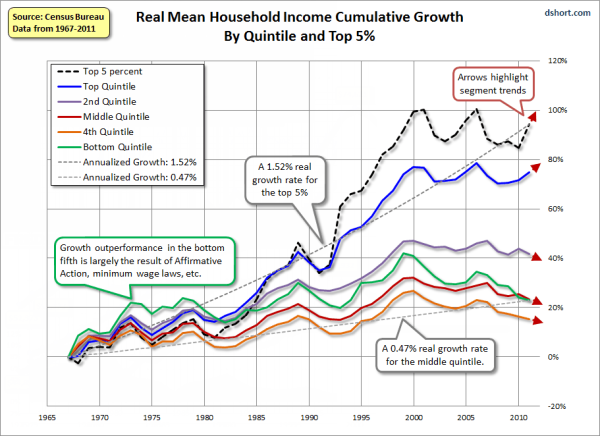A couple months ago my friend Amanda was asking about the best ways to store bitcoins to avoid getting them stolen. I figured I would extend my Bitcoin ELI5 series with this post and detail a number of best practices that you can use to avoid this fate. If you are a beginner, it may be helpful to first familiarize yourself with the cryptography used in Bitcoin by reading the previous installment Part 3 – Cryptography or at least the second half on public-key cryptography.
For those who are unfamiliar with the inner workings of Bitcoin you should note that there aren’t actually any bitcoins stored in your wallet. A bitcoin is really nothing more than a balance recorded in a publically shared ledger. Transactions are orders to the Bitcoin network to transfer some of your balance from your bitcoin address to someone else’s. The way you prove to the network that you own the bitcoins associated with a particular address is by signing your transactions with the private key that matches that address. Here’s what they look like:
Bitcoin Address: 12CbHSwuMVxbwdGzCZaiLnXgxFBj3YE2ax Private Key: L32qYhUt93qg7MWUSYCUaPKS9qeaKEZquV566Qfh7wZfqqmvZZum
Without the private key, you can’t spend your bitcoins. It is this private key (or keys if you use more than one address) that is stored in your wallet. Needless to say, if your keys are lost or stolen, your bitcoins are gone forever. Hence, why you need to take precautions to prevent that from happening.







